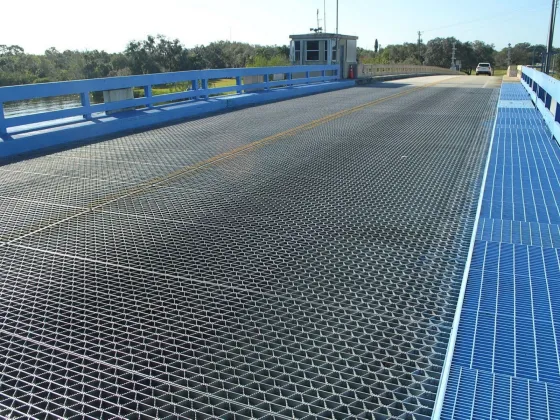- Industrial zone, South of Anping Town, Hengshui, Hebei, China.
- sales@hfpetromesh.com
- +86-18931809706
metal grating for sale
Metal Grating for Sale A Comprehensive Guide
Metal grating is a crucial component in various industries, providing safety, functionality, and aesthetic appeal. Whether you’re in construction, manufacturing, or another sector, metal grating offers versatile solutions that meet a wide array of needs. This article explores the significance of metal grating, its types, and tips for purchasing the right grating for your projects.
Understanding Metal Grating
Metal grating refers to a structure made of interconnected bars or rods, forming a grid-like pattern that promotes fluid and air passage while providing a strong walking or working surface. Common materials used for metal grating include steel, aluminum, and stainless steel. Each material possesses unique properties, making it suitable for specific applications. For example, stainless steel grating is highly resistant to corrosion, making it ideal for environments prone to moisture and chemicals, while aluminum grating is lightweight and easy to handle, suitable for applications requiring portability.
Types of Metal Grating
1. Steel Grating Steel is the most widely used material for grating due to its strength and durability. It can support heavy loads, making it perfect for industrial applications, such as walkways, ramps, and machinery platforms.
2. Aluminum Grating Lightweight yet strong, aluminum grating is frequently used in commercial applications, such as footbridges and drainage covers. Its resistance to corrosion makes it highly suitable for outdoor use.
3. Stainless Steel Grating This type is particularly valuable in food processing and pharmaceuticals due to its hygienic properties. It's easy to clean and resistant to rust and staining.
4. Fiberglass Grating Although not metal, fiberglass grating is worth mentioning due to its growing popularity. It is non-conductive, lightweight, and resistant to chemicals, making it suitable for various applications, including industrial flooring and walkways.
metal grating for sale

Benefits of Metal Grating
Metal grating offers several advantages
- Safety It provides a non-slip surface, reducing the risk of accidents in industrial settings. - Durability Metal grating withstands harsh weather and heavy loads, ensuring long-lasting performance. - Versatility With various materials and designs available, metal grating can be customized to meet diverse needs. - Cost-Effective While the initial investment may be higher than other materials, its durability and low maintenance requirements make it a cost-effective solution in the long run.
Tips for Purchasing Metal Grating
When looking to buy metal grating, consider the following tips to ensure you choose the right product
1. Evaluate Your Needs Assess the specific requirements of your project, such as load capacity, environment, and aesthetic considerations. 2. Choose the Right Material Select a material that meets the conditions of your application, such as exposure to chemicals, temperature variations, or weight-bearing requirements.
3. Consider Customization Many suppliers offer custom sizes and designs. If standard grating does not meet your needs, inquire about custom options.
4. Research Suppliers Look for reputable suppliers who provide high-quality products and good customer service. Reading reviews and testimonials can help you make an informed decision.
In conclusion, metal grating is a versatile and essential element in many industrial and commercial applications. By understanding the types and benefits of metal grating, as well as how to purchase it effectively, you can ensure your projects are safe, efficient, and successful. Explore various options and find the perfect metal grating for your needs today!
-
The Power of Pyramid Shaker Screen - A 3-Dimensional SolutionNewsOct.24,2024
-
Exploring the Versatility and Durability of Steel GratingNewsOct.24,2024
-
Revolutionizing Drilling Efficiency with Steel Frame Shaker Screens for Mud Shale ShakersNewsOct.24,2024
-
Potential of Shale Shaker ScreensNewsOct.24,2024
-
Offshore Pipeline Counterweight Welded Mesh - Reinforced Mesh in Marine EngineeringNewsOct.24,2024
-
Revolutionizing Offshore Pipeline Stability with Concrete Weight Coating MeshNewsOct.24,2024
